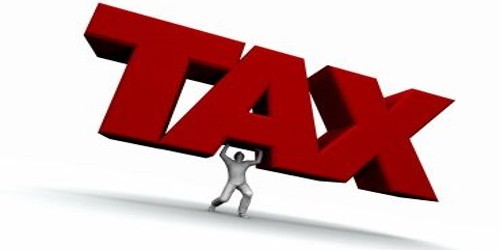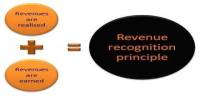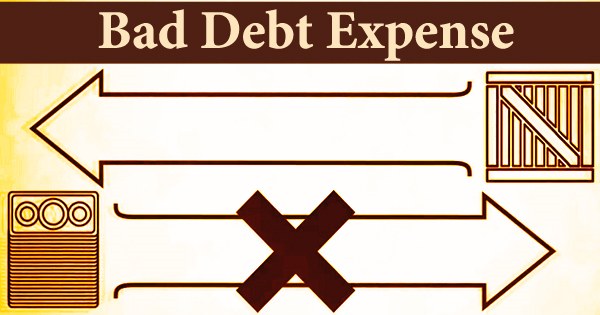The indirect taxes are the levies made by Central and State governments on the expenditure, consumption, services, rights, and privileges yet not on the property or income. This goes along the basic principle of giving every person a share of the growth of the country using state governments. As indirect taxes can be spread widely, they are more beneficial and suitable. The most common example of indirect tax is the excise tax on cigarettes and alcohol.
Advantages of Indirect Tax
Indirect tax is convenient as the taxpayer does not have to pay a lump sum amount for tax. People don’t feel they are being taxed simply because the tax comes in small values. It is said that indirect taxes, as contrasted to direct taxes, are more effective in controlling inflation. Truly speaking, indirect taxes may fuel inflationary pressure in the economy.
- Gradual collection over the year and not associated with the end of the calendar year or financial.
- There is mass participation. Each and every person getting goods or services has to pay tax.
- It is flexible or elastic in the sense that it can be revised in accordance with the requirements of the government.
- There is less chance of tax evasion as the taxpayers pay the tax collected from consumers.
- The government can check on the consumption of harmful goods by imposing higher taxes. That is why tobacco, wine, and other intoxicants are taxed.
- When imposed on luxury or goods consumed by the rich, they are equitable. By taxing such products, people are turned off by their price, thereby saving them from consuming luxury items.
















